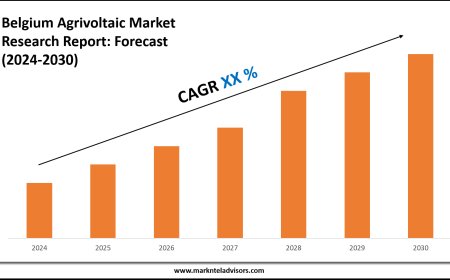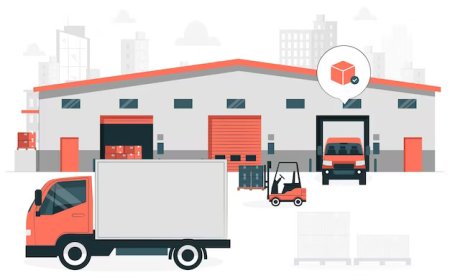Fuel Types in the UK: An In-Depth Look at Today’s Options

The UKs transport sector is undergoing a major transformation as the country moves toward a greener, more sustainable future. Traditional fuels like petrol and diesel have long powered the majority of vehicles on British roads, but concerns over climate change and air quality have accelerated the adoption of alternative fuels. This article explores the main fuel types used in the UK today, highlighting their features, advantages, and challenges.
Petrol
Petrol remains one of the most widely used fuels in the UK. Since 2021, most petrol sold is E10, a blend containing up to 10% renewable ethanol, designed to reduce carbon emissions. Petrol engines are generally found in smaller and older vehicles.
Advantages:
-
Easily available across the UK.
-
Vehicles running on petrol often cost less to buy.
-
Petrol engines tend to perform well in stop-start city driving.
Disadvantages:
-
Produces significant carbon dioxide (CO?), contributing to climate change.
-
Less fuel efficient than diesel for long journeys.
-
New petrol car sales will be banned from 2035 under government regulations.
Diesel
Diesel fuel is commonly used for larger vehicles and long-distance travel. Diesel engines provide more torque and better fuel efficiency than petrol, making them popular with commercial vehicles and drivers who cover many miles.
Advantages:
-
Superior fuel economy on motorways and long trips.
-
Greater engine durability and torque, useful for towing.
-
Diesel vehicles often have longer lifespans.
Disadvantages:
-
Produces nitrogen oxides (NOx) and particulate matter harmful to air quality.
-
Diesel vehicles face higher taxes and restrictions in urban low-emission zones.
-
Sales of new diesel vehicles will cease by 2035.
Electric Vehicles (EVs)
Electric vehicles are powered entirely by batteries and electric motors, emitting no tailpipe pollutants. Their popularity has surged thanks to government incentives and expanding charging networks.
Advantages:
-
Zero tailpipe emissions, improving air quality.
-
Lower running and maintenance costs than combustion engine vehicles.
-
Many EVs benefit from grants and tax breaks.
Disadvantages:
-
Higher upfront cost, though decreasing steadily.
-
Limited driving range compared to petrol or diesel vehicles (though improving).
-
Charging infrastructure is growing but still uneven, especially in rural areas.
Plug-in Hybrid Electric Vehicles (PHEVs)
PHEVs combine an electric motor with a petrol or diesel engine. They can operate in electric mode for short trips and switch to fuel for longer journeys, making them flexible for different driving needs.
Advantages:
-
Reduced emissions for short electric journeys.
-
No range anxiety since the petrol/diesel engine serves as backup.
-
Suitable for drivers not ready to commit to full electric vehicles.
Disadvantages:
-
Still rely on fossil fuels for extended trips.
-
More complex and heavier than pure petrol or diesel cars.
-
Require regular charging to maximize environmental benefits.
Hydrogen Fuel Cell Vehicles
Hydrogen fuel cell vehicles generate electricity by combining hydrogen gas with oxygen, producing only water vapor as a byproduct. While still rare in the UK, hydrogen shows promise, especially for heavy-duty transport.
Advantages:
-
Zero harmful emissions.
-
Quick refuelling comparable to petrol or diesel.
-
Potential for longer ranges suitable for trucks and buses.
Disadvantages:
-
Very limited hydrogen refuelling infrastructure.
-
High costs for vehicle production and hydrogen fuel.
-
Hydrogen production is energy-intensive unless sourced renewably.
Conclusion
The UKs fuel landscape is evolving rapidly. While petrol and diesel still dominate today, government policies and consumer preferences are shifting toward cleaner alternatives. Electric and hybrid vehicles are gaining traction, and hydrogen technology holds future promise. As the nation works toward net zero emissions, understanding these fuel types is key for making informed choices about transport.







































